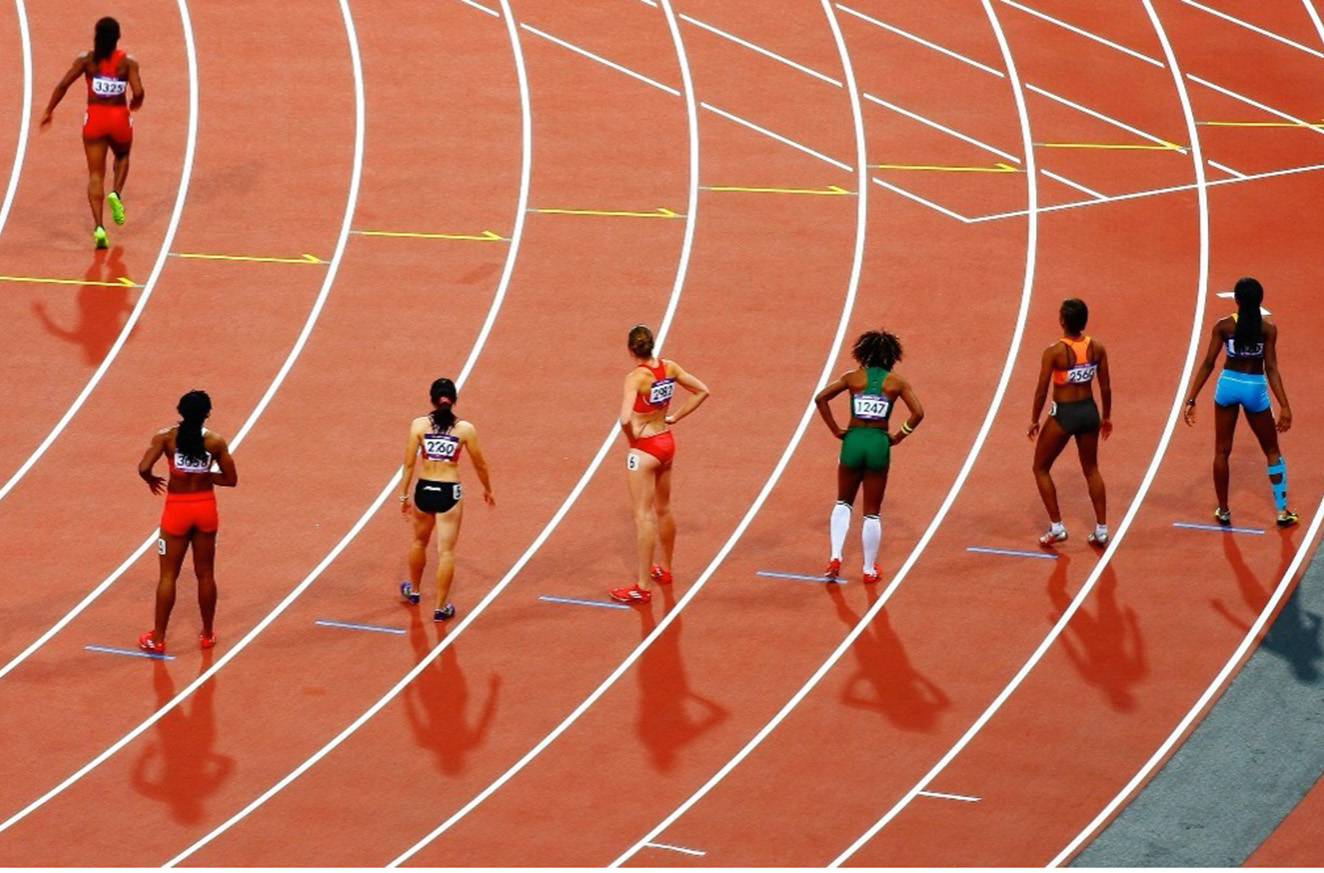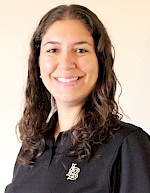Strategies to Support the Adaptation of International Athletes

Published
Moving to a foreign country is challenging. One has to learn new cultural and social norms, local laws, a new language, and basic skills such as filing taxes and effective communication. Athletes who move to a foreign country have to navigate all these new tasks and norms in addition to adapting to playing for a new team in a new club or university. In part 1 of our 2-part series on supporting international athletes, we will focus on what athletes can do to increase their chance of success in this transition.
Ryba et al. (2016) suggested that athletes with transnational careers go through three phases of cultural transition:
- Pre-transition phase: Athletes prepare to move by learning about the country and region and become open-minded about the new culture they will encounter. It is important to acquire knowledge about the destination to help with the psychological preparation for change.
- Acute cultural adaptation phase: After moving to the new country, athletes tend to feel initial loneliness. They start trying to adapt to the unfamiliar cultural norms and may also get confused about their own identity in their new home.
- Sociocultural adaptation phase: The final phase of the transition is when they find a balance between their own culture and the local cultural norms. Athletes in this phase tend to feel content with their lives and interactions both in sport and society in general.
As evidenced in the final phase, a major goal for healthy adaptation for international athletes is to engage in shared acculturation (Ryba et al., 2018). Shared acculturation means that the immigrant athlete must engage in attempts to adapt to the new culture while teammates and coaches must also show interest in the international athlete’s culture and engage in activities that promote intercultural exchange. Acculturation that is not shared (i.e., only the international athlete makes efforts to adapt) results in international athletes’ isolation when they are confronted with stereotypes and other challenges. This isolation will lead to psychological suffering and waste of organizational resources, where athlete retention will depend solely on their own inner resilience (Ryba et al., 2018).
Based on the idea of shared acculturation, international athletes, organizations, and coaches can adopt strategies that may increase the chances of successful migration, even if the goal is not to settle in the new country for life. Here are some examples of what athletes can do to increase their chance of success in this transition:
Do your homework: Before you decide where you will go, learn basic information about the team, coaches, fans, club/university culture, and the location in general. For example, check the weather averages throughout the year, access to food you like in the city or town you would live, the potential location of your house or dorm if you play for this team, and transportation options. It is also a good idea to ask questions about the team culture to current players and see if you can find people from your country who moved to play in the country you may be moving into. This research will help you choose a place that is a good fit for you and also to be better prepared to navigate the new environment when you arrive (Ryba et al., 2016).
Try to have an open mind: Things are going to be different in some ways, so it is good to prepare yourself mentally to meet people with different personalities, traditions, values, and boundaries (Ryba et al., 2016). For example, personal space is something that varies greatly from country to country, so be prepared to adapt to changes in personal space (and research ahead if it is a nonnegotiable for you).
Be prepared for emotional reactions (and use your social support): It is common for international athletes to feel overwhelmed, alone, disconnected, and like they are not their “normal self” at first. If you find yourself in this situation, it is helpful to seek support from friends and family in your home country and at the new club or university where you are playing (Ryba et al., 2019). A good source of support in this situation could be a Certified Mental Performance Consultant® (CMPC) or mental health practitioner. Even if there isn’t anything tangible that can be done, social support may help you feel less overwhelmed and alone, and make way for you to process the experiences in the new country.
In conclusion, learning ahead about the new country, local living conditions, and the club/university will help international athletes adapt to the new country when they move. Still, they will tend to feel overwhelmed and lonely at first. It is important that they seek social support to cope with these new challenges. It is also important that organizations and coaches provide support for this transition and are engaging in shared acculturation. Don’t miss part 2 of our series where we will delve deeper into how coaches can support their athletes and performers.
References
Ryba, T. V., Schinke, R. J., Stambulova, N. B. & Elbe, A. (2018). ISSP position stand: Transnationalism, mobility, and acculturation in and through sport. International Journal of Sport and Exercise Psychology, 16(5), 520-534. https://doi.org/10.1080/1612197x.2017.1280836
Ryba, T. V., Stambulova, N. B., & Ronkainen, N. J. (2016). The work of cultural transition: An emerging model. Frontiers of Psychology, 7(427). https://doi.org/10.3389/fpsyg.2016.00427
Ryba, T. V., Stambulova, N. B., & Ronkainen, N. J. (2019). Transnational career and cultural transition. In D. Hackfort & R. J. Schinke (Eds.), The Routledge international encyclopedia of sport and exercise psychology. Routledge.
Share this article:
Published in:





